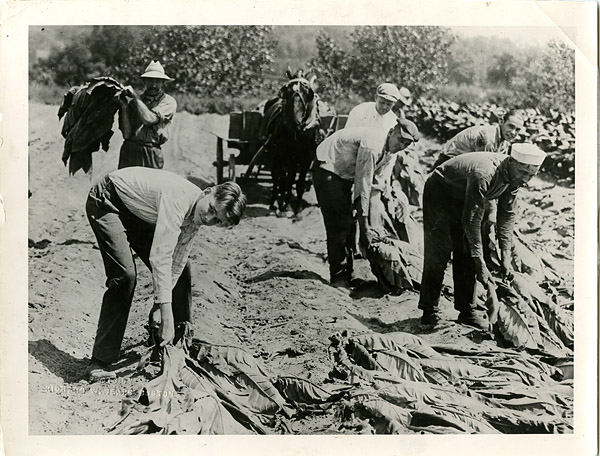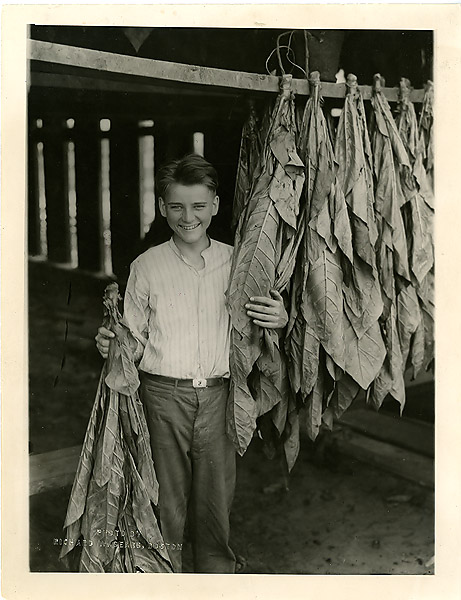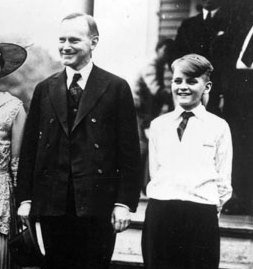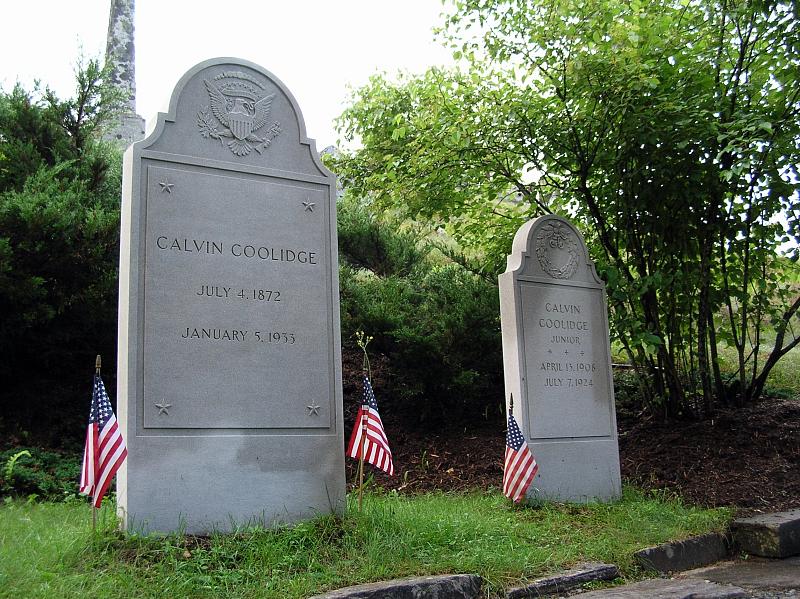As noted earlier this month, July tragically marks the ninetieth anniversary of young Calvin Jr.’s death from sepsis. The life so rapidly taken was immeasurably felt throughout the country. America loved the Coolidges, and the youngest had a particularly special place in the hearts of young and old alike. He had consistently demonstrated a perspective and character that seemed to go beyond his sixteen years.
Attempting to convey the deep impression left upon him by Calvin’s life, Jason Noble Pierce turned the thoughts of those gathered to what Calvin Jr. meant to so many as Pierce addressed the Marble Collegiate Reformed Church in downtown Manhattan the Sunday after the young man’s death. “Every one was disposed to love him,” Pierce would recall. “His youthful life attracted irresistibly. Many people who had never seen Calvin told me that they loved him because of the picture they had seen. Calvin had through all his life the very genuine spirit of religion.” He was not as some boys who go and play “church” because his parents insist or because they live in the public eye. Calvin Jr. sought the One who reveals Himself not merely on tablets of stone but whose writing lives on the heart and in the mind. Young Calvin saw the importance of what is unseen, the preeminence of what is eternal while everything else of this temporal world fades away.
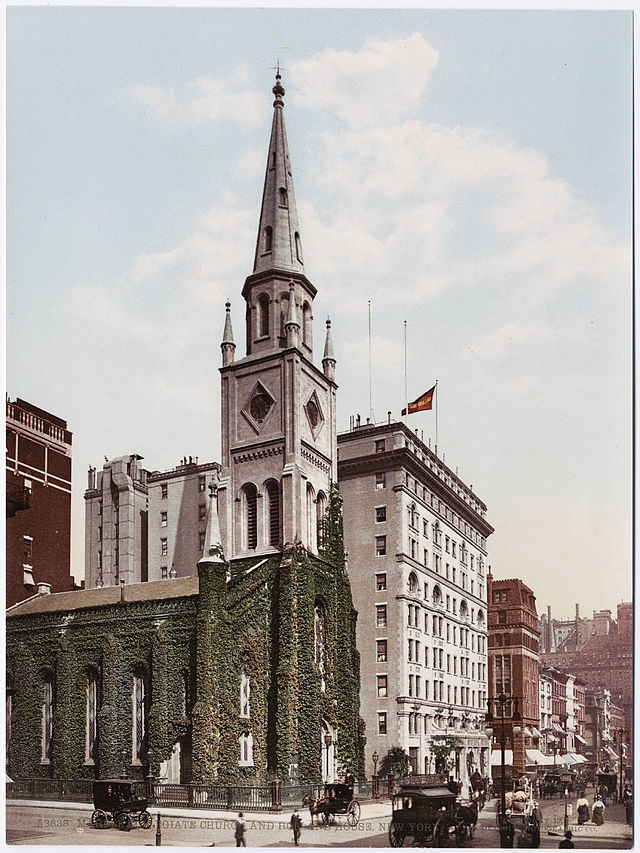
An 1890s postcard view of the Marble Collegiate Reformed Church building, Manhattan, where Jason Noble Pierce eulogized Calvin Coolidge Jr. the first Sunday, July 13, 1924, after the young man’s death.
Granted permission by Mrs. Coolidge to recite an excerpt of the last letter young Calvin had written, Dr. Pierce recounted what the boy had said about one man who had recently discovered a remedy with which to handle his diabetes. Calvin wrote: “He sure was lucky in the time he chose for having diabetes.” Then, the young man reflected, “That last is surely a foolish statement and one that is often made, for we do not believe that life is as happy as death. That’s what Christ told us.”
When Dr. Pierce turned to his efforts that past week to console the grieving President, he said, “I told Mr. Coolidge that in this sickness God was the consulting doctor trying vainly to tell his colleagues here below how to save this life because they were not able perfectly to know God’s laws and that diseases which are fatal today are healed tomorrow.” The discovery of the antibiotic properties of penicillin remained four years in the future while marketable production would not occur until the 1940s. Impossible to know these facts at the time, Mr. Coolidge looked at his preacher and responded, “That may all be true, but what would heaven be like, if it were made up only of old men and old women.” Struck silent by what he had just heard, Dr. Pierce realized that the father possessed the same unshakable measure of faith as his son. It was then, restraining tears himself, that the preacher told the congregation, “That was the time to thank God that in the hour of affliction our great President had no bitterness in his heart and was able to realize he had made a priceless gift, however unwilling must be his sacrifices.”
As the gathering succumbed to tears, Dr. Pierce endeavored to quantify what had given Calvin Jr. so powerful an impact. Finally, the preacher concluded with an encouragement that resonates through these nine decades. Whether we are parents or children, Calvin Jr. inspires us still not merely in the memory of a good young man but with an introspective look at the kind of parents and children or men and women we are, whether faith to us is some useless anachronism or perhaps a rote abstraction in a “church” somewhere or whether faith genuinely lives within us, whether we see the things that are Unseen, as Calvin’s father once put it.
It was, after all has been said, “the religious faith of this lad” that “made him what he was…And as I had the privilege in the intimacy that comes between pastor and parishioners, I saw that the life of young Calvin was a wonderful testimony of obedience.” Remembering all the quiet and unassuming occasions of Calvin’s genuine integrity and example, especially when no one was looking, the preacher concluded, “Here was little lad who never questioned his parents’ direction, but obeyed. That grief-stricken father could only think during those last days of Calvin Jr. as ‘my little boy.’ The doctors said one of the great helps through these days was that it had been Calvin’s life habit to give perfect obedience. Here was a little lad who was winsome and brave, and I imagine that is what Jesus was. Do you know the staff at the White House, who have been through the deaths of some of our Presidents and ex-Presidents, said the mass of small telegrams and telephones that came in after the death of this boy surpassed that received on any other occasion? The lad was a soldier, as brave as brave could be.” Calvin Jr. is rightly remembered for the goodness and strength he exemplified. In his estimation, however, this was no reason to boast of any surpassing excellence in him personally. He was but seeking to place first things first, developing less of material power and more of spiritual power. By first aspiring to walk humbly with God and then serve not be served, both father and son remain testaments to the abiding importance of what is essential and eternal.
